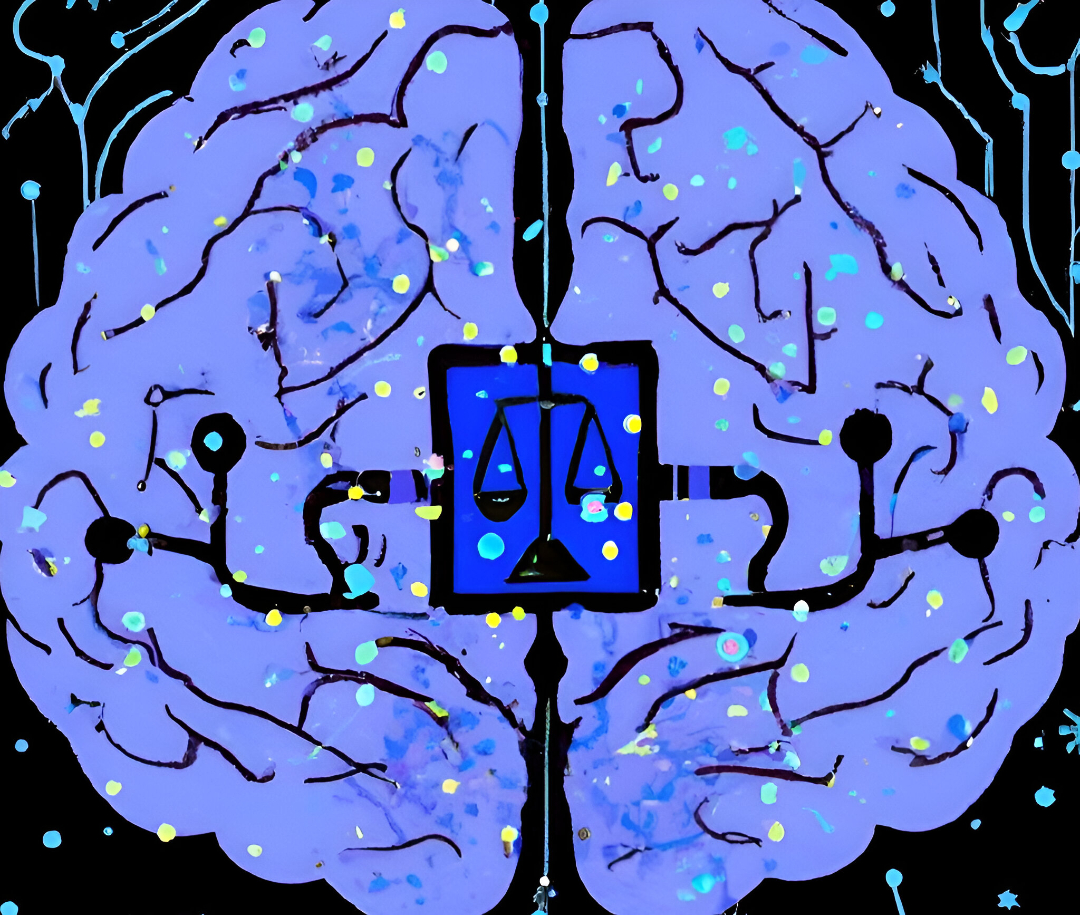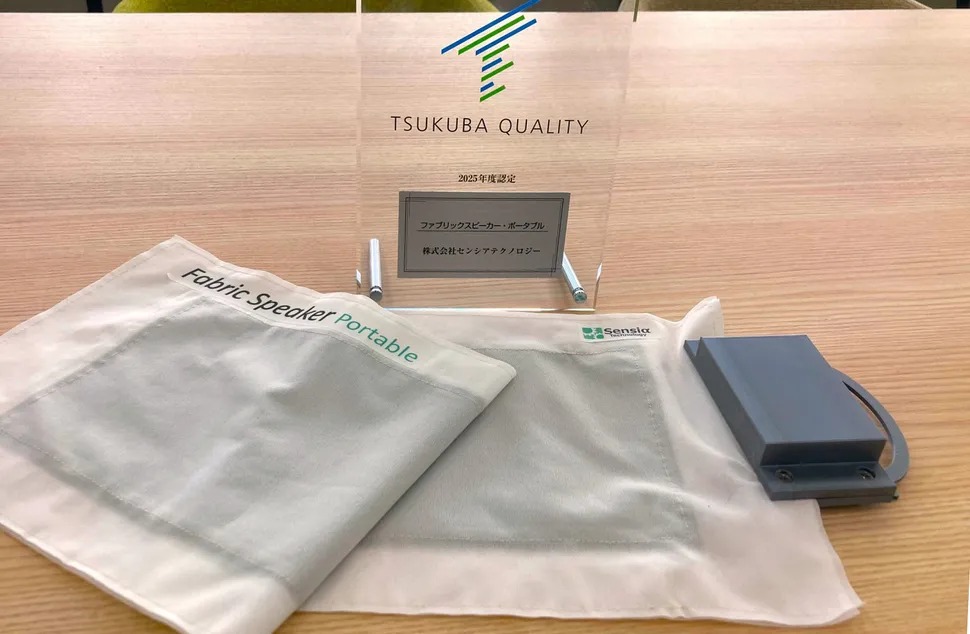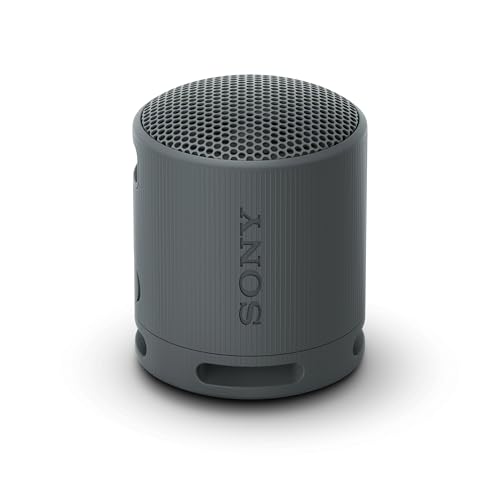Remember when everyone worried about apps tracking location data? That privacy concern looks quaint compared to what’s emerging now.
While public attention focused on smartphone privacy, companies including Neuralink, Meta, and Apple have advanced technology that could potentially access something far more intimate—your neural activity. With developments like AI translating brain activity, these innovations move beyond traditional tech boundaries. Unlike medical devices with strict FDA oversight, consumer neurotech operates in a regulatory environment with fewer restrictions.
The Regulatory Gap
That meditation headband promising better sleep sits in a regulatory blind spot. Colorado recognized this issue and, in May 2024, amended its privacy law to classify neural data as “sensitive data” subject to the Colorado Privacy Act, according to legal analysts at Legal.io. This marks the first state-level protection specifically addressing neural information.
Rafael Yuste, neuroscientist and founder of the Neurorights Foundation, has advocated for stronger protections for neural data. His organization emphasizes the unique nature of brain information and the need for specific privacy frameworks as this technology develops.
The current state-by-state approach to regulation creates an inconsistent protection landscape across jurisdictions, presenting challenges for both consumers and companies developing these technologies.
The Policy Questions
According to Fierce Biotech, in April 2025, senators urged the FTC to investigate neurotech companies and consider regulatory frameworks for neural data collection. The letter raised concerns about the potential for companies to collect brain information without sufficient oversight.
Jared Genser, a human rights lawyer working with the Neurorights Foundation, has emphasized the unique sensitivity of neural data. Genser distinguishes neural data from other sensitive information, noting its fundamental connection to human cognition and identity.
Consumer neurotech devices can detect some emotional and cognitive responses, raising questions about appropriate consent mechanisms. The lengthy terms of service agreements common to digital products present particular challenges when applied to technology capturing neural information.
The Global Dimension
The privacy implications extend beyond national borders. In March 2024, advocates including Yuste have pushed for global neurorights frameworks, with particular progress in Latin American countries. Chile has been at the forefront of these discussions, working toward constitutional protections for neural data.
Technology companies developing neural interfaces have published ethics frameworks addressing privacy and consent, though these self-regulatory approaches face scrutiny from privacy advocates who question their enforceability.
The Future Landscape
Brain-computer interface technology offers significant potential benefits. As documented in medical research, these technologies could help restore communication for those who cannot speak, assist people with paralysis, and potentially detect neurological conditions earlier than current methods.
The challenge for policymakers, ethicists, and technologists lies in balancing innovation with appropriate privacy protections. The current regulatory landscape demonstrates a gap between technological capabilities and governance frameworks.
The development of neural interface technology continues to accelerate. The question for society becomes how to establish appropriate protections while allowing beneficial applications to flourish—finding the balance between innovation and the fundamental right to cognitive privacy in this emerging technological frontier.





























